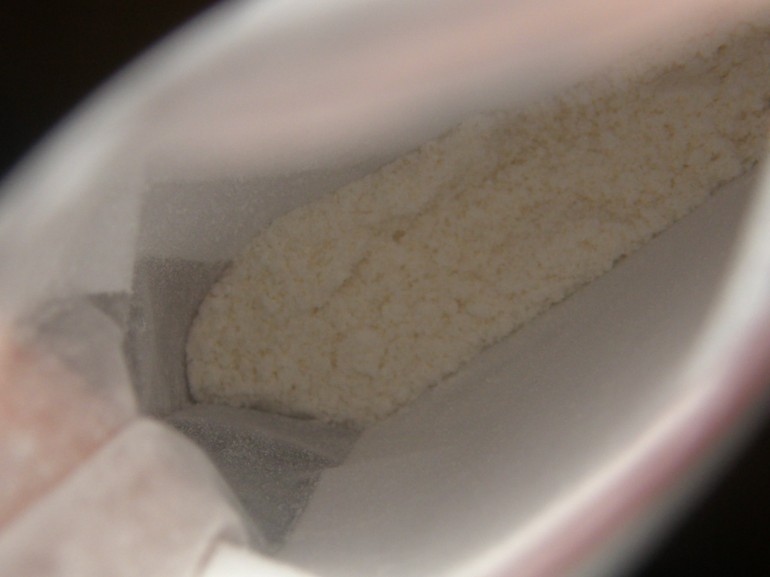By Karina Nowysz
Reaction continued Monday to a police warning about recent overdoses related to ‘research drugs.’
Two Toronto men in their 20s were hospitalized recently as a result of the overdoses and on Monday a clinical researcher and a drug manufacturer both spoke to Humber News about the regulations involved.
“Controlled substances should not be available for just anyone to see, they need to register and have a license to buy it,” David Dime, founder of Toronto Research Chemical Inc., a company that manufactures chemical substances to supply to research labs, told Humber News on Monday.
Dime said people have contacted his company from personal email accounts to try to purchase substances. He said the company answers any personal inquiries with automated protocol: “Thank you for inquiry. What is your number and address we are obliged to contact the RCMP.”
Police said people are still able to purchase ‘research drugs’ online, such as ethylphenidate and methylbenzypiperazine, which caused the overdoses.
“There’s a lot of openness about it, you can buy everything,” said Urszula Kosecka, program coordinator of Clinical Research and Regulatory Affairs at Humber College.
“These companies supply labs across the globe making it a wide market,” she said.
“I would guess that many of these drugs are made in China and distributed here by companies,” said Dime. “Legislation hasn’t been caught up to designer drugs. If a drug is a new derivate of a known drug it may circumvent the regulations.”
There many questions surrounding the regulation of these ‘research’ drugs. Page said in the conference Toronto police have shared their findings with Health Canada to help address these questions.
“There should be some level of responsibility on these companies,” said Kosecka. “They are a business unit interested in selling more.”
These heavy substances should be controlled by specially legislated companies so that only a narrow group has access to distribution, said Kosecka.


